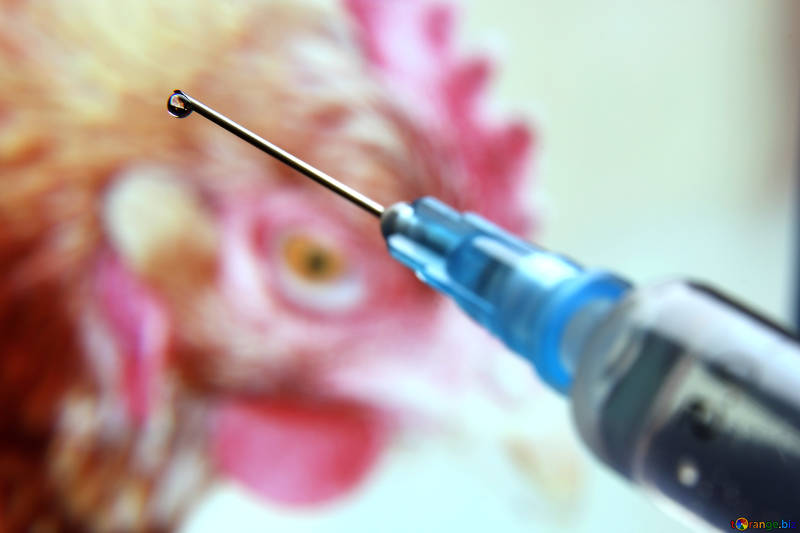
South Koreans overuse antibiotics: World Health Organization
Antibiotic consumption is higher in South Korea, compared with most other members of the OECD, a club of mostly rich countries, according to a report revealed Monday.
The World Health Organization’s (WHO) report on an overview of consumption of antibiotics around the world shows that South Korea used 27.68 defined daily doses (DDD) per 1,000 people in 2015, higher than most other developed countries, including Germany (11.49) and Japan (14.19).
The report, based on data from 65 countries and regions, says that antibiotic overuse in many countries ― most notably Mongolia (64.41) and Iran (38.78) ― is driving the emergence of antimicrobial resistance.
“Antimicrobial resistance is a major threat to health and human development, affecting our ability to treat a range of infections,” WHO said. “Treatments for a growing number of infections have become less effective in many parts of the world due to resistance.”
Antibiotics were heralded as life-savers when they became widely available in the 1940s. But over the decades, bacteria have learned how to fight back, building antimicrobial resistance (AMR) that can render the drugs ineffective.
This means that the world will run out of effective antibiotics.
“Without effective antibiotics ― and other antimicrobials ― much of the progress made in fighting infectious diseases and prolonging life will be lost,” WHO said. “AMR is driven by many complex factors, but overuse and misuse of antibiotics are among the leading causes.”
In a bid to fight the dangerous trend of AMR, WHO adopted a global action plan in 2015.
As much as overuse of antibiotics is worrying, so is the lack of access to them. Burundi (4.44) is the country with the lowest rate of antibiotic use.
“Resistance can occur when people cannot afford a full course of treatment or only have access to substandard or falsified medicines,” WHO said.
“Measuring and analyzing the consumption and use of antibiotics is therefore a critical step that will inform the development of appropriate strategies to improve our use of antibiotics.”
By Jung Min-ho
(Korea Times)


